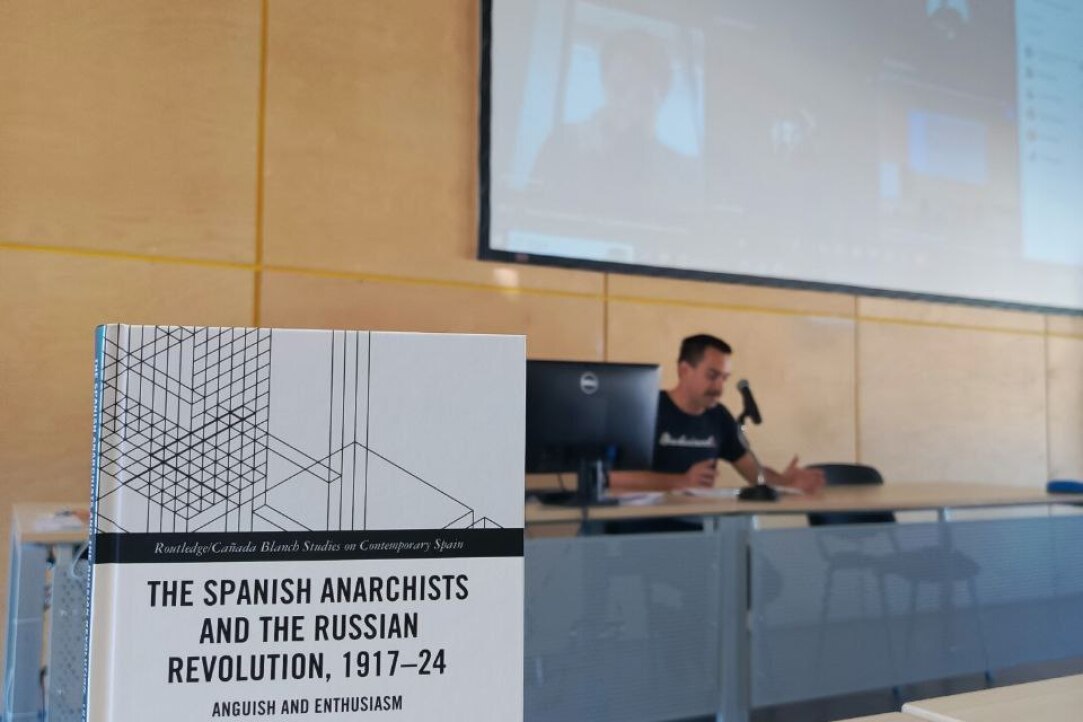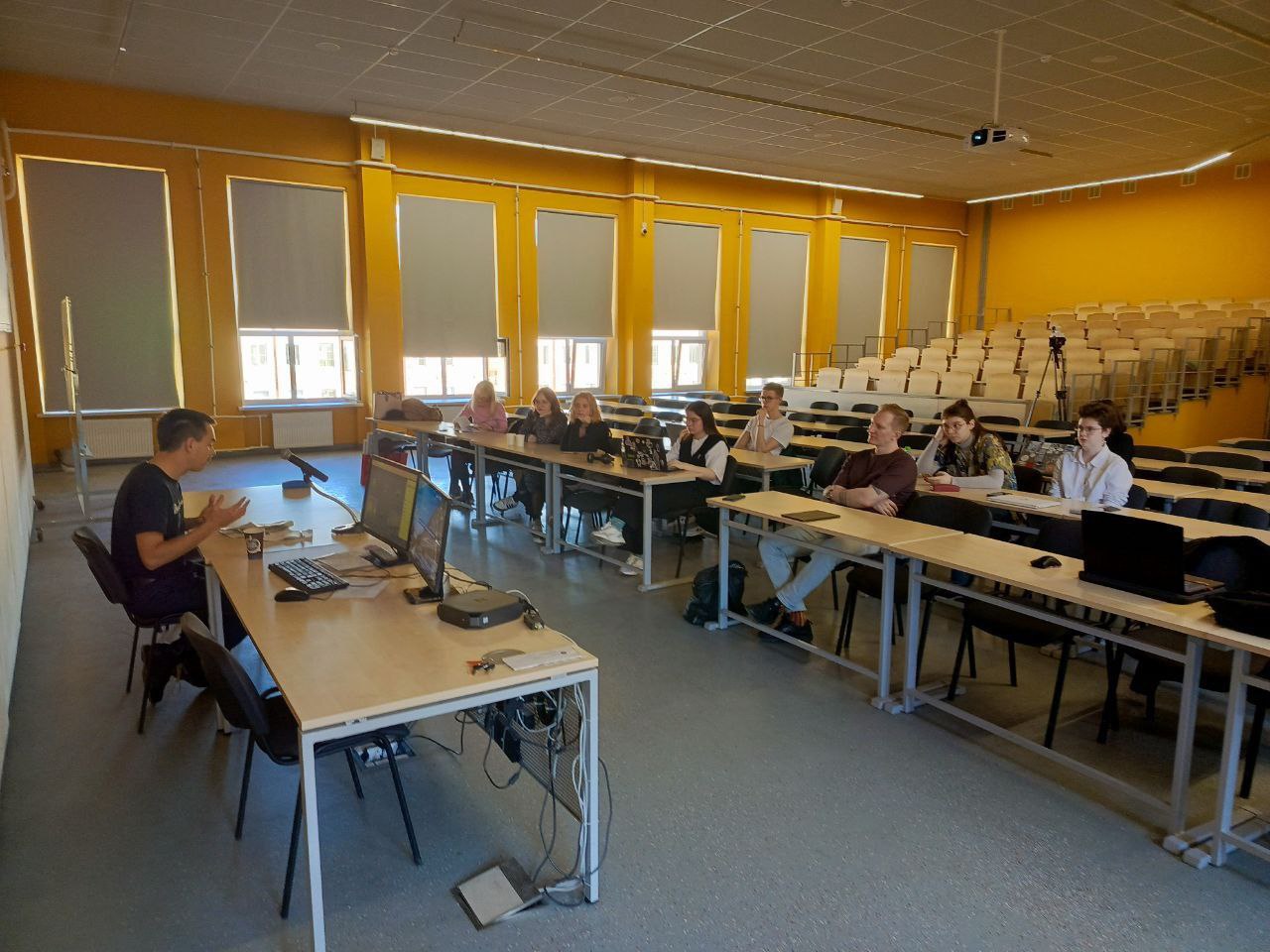Dr. Arturo Zoffmann Rodriguez on Spanish Anarchists and Revolutionary Emotions
On April 30, Dr. Arturo Zoffmann Rodriguez, a researcher and lecturer at the Institute of Contemporary History (IHC) at the NOVA School of Social Sciences and Humanities/ IN2PAST, in Lisbon, Portugal, presented his book "The Spanish Anarchists and the Russian Revolution, 1917–24: Anguish and Enthusiasm" in the framework of the regular research seminar of the Center for Historical Research and the Department of History.

The presentation covered key topics within the historiography of the revolutionary movement. Among them: the perception of the Russian Revolution of 1917, the evolution of the revolutionary optimism and its transformation to scepticism, the place of anarchists in the revolution and the special case of creating the anarchist movement in Spain.

Dr. Arturo Zoffmann Rodriguez highlighted the features of the Spanish labour movement and creation of the CNT (National Confederation of Labour) with the further radicalization of the society as the result of the Russian Revolution. The part of the presentation was devoted to the perception of the Bolshevik ideas among Spanish radicals and the usage of it in case of revolutionary mobilisation of enthused workers. The author also described the roots of growing scepticism toward the Bolsheviks and the anti-Bolshevik turn of Spanish anarchists in the 1920s.
The book’s presentation was followed by the productive discussion on relations between Bolsheviks and Spanish anarchists, the ideology of the latter, the ability of emotions to create a new ideological movement and the influence of the Russian Revolution and Civil War on the Spanish political situation.
